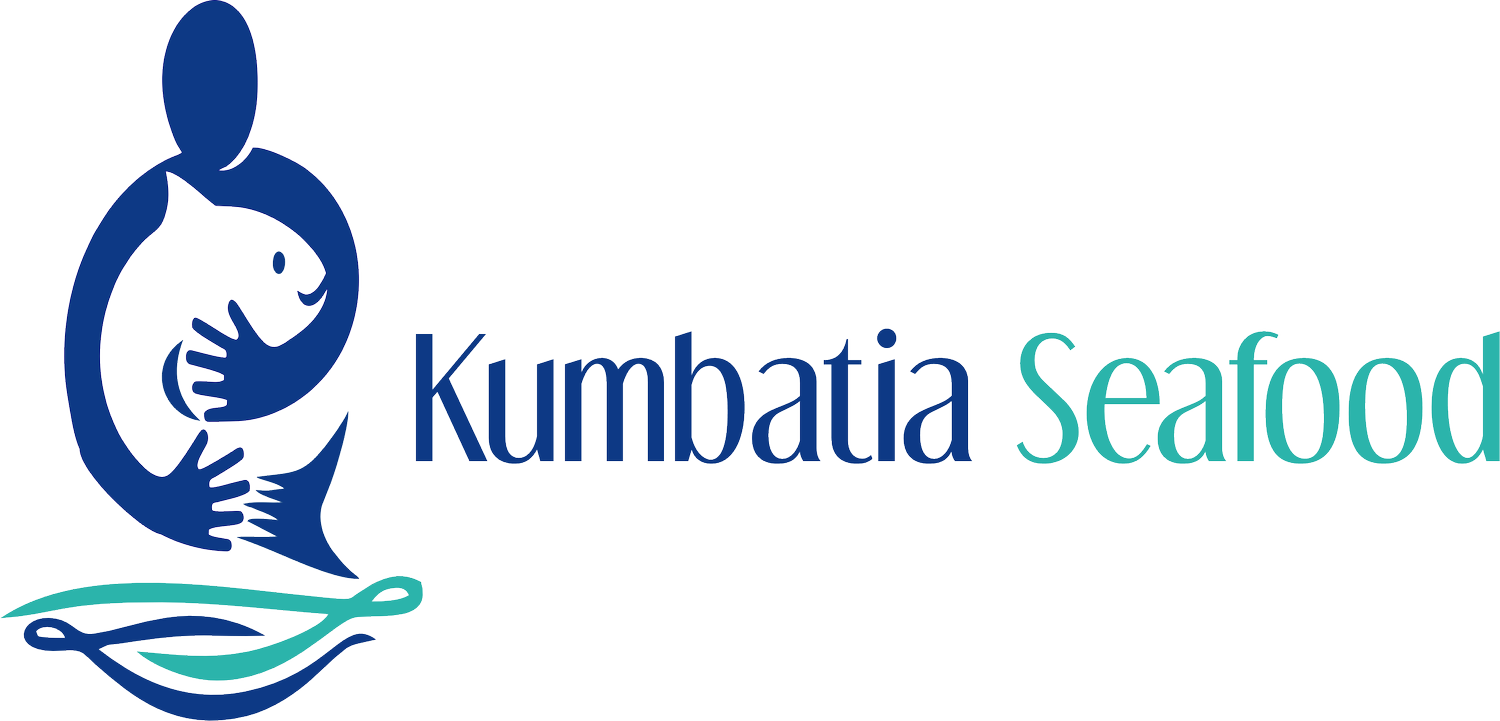Partnerships
Kumbatia is a triple-bottom-line business, with hopes of maximizing financial, social, and environmental returns for our shareholders, our fishing communities, and the marine ecosystems in which they harvest their product.
One way we try to maximize social and environmental returns is by partnering with NGOs and community-based conservancies that have shared missions around livelihood improvement and conservation. In Kenya, we partner with many NGOs including, but not limited to, The Nature Conservancy (TNC), Fauna & Flora Int’l (FFI), Northern Rangelands Trust (NRT), World Wildlife Fund (WWF), Pate Marine Community Conservancy (PMCC), and Kiunga Community Worldlife Association (KICOWA).
The main way we engage with these partners is by being the private sector operator in sustainable development programs aimed at improving livelihoods for artisanal fishers that have agreed to fish in a responsible, legal manner. The longest-lasting partnership we’ve participated in related to this is a Fish-To-Market Program with FFI, TNC, NRT, PMCC, and KICOWA up in Lamu where we all work to provide market access for sustainably harvested fish sourced from the extremely remote fishing communities that reside within both community-based conservancies.
When dealing with complex supply chains and unoptimized food systems, there is significant value in working with NGOs, community-based conservancies, and governments to support the artisanal fishing communities from where we source our seafood. These organizations provide cold chain infrastructure, community training on sustainability and value-addition, monitoring & evaluation support, as well as conservation and development-focused guidelines and an accountable watchful eye to ensure that supply chains are operating ethically. In addition, the third parties act as critical liaisons mediating and resolving any conflicts between Kumbatia and the community around sustainability concerns, pricing disputes, etc.
The photos in the post come from Kumbatia’s Nelson Ondego, who recently returned from a trip with partner NGO, WWF. Together, both organizations are working under a “market linkages” program in a bid to help small-scale fishers identify and secure a fair and constant market for responsibly-sourced fish in an effort to elevate artisanal fishing communities from poverty and promote sustainable fishing. The WWF program is targeting to provide a market linkage to at least 11 BMUs across the coast.
We’re yet to crack the nut on how engagement between the private sector and NGOs can be optimized to benefit everything along the supply chain. That being said, we believe deeply in the ability of these partnerships to drive sustainable development in Kenya’s Blue Economy. In the future, we will plan to delve into further detail with a series of posts blueprinting key ways for private seafood companies to engage with NGOs so as to improve profitability, sustainability, and social impact.
